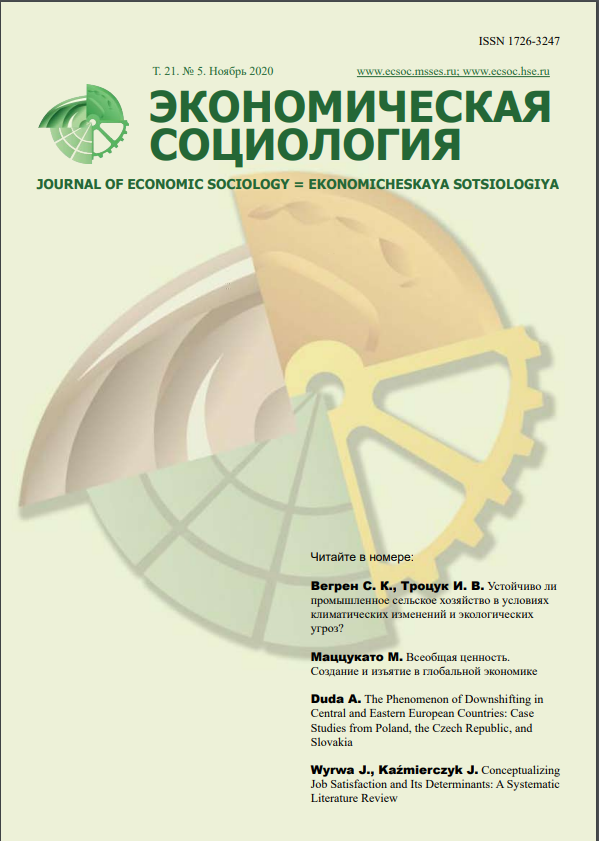Why do the Rich Consume More Discreetly? A Theory of the Aspirational Class
Book Review:Currid-Halkett, E. (2017). The Sum of Small Things: A Theory of the Aspirational Class, Princeton, NJ: Princeton University Press. 254 p.
Abstract
This paper is a review of The Sum of Small Things: A Theory of the Aspira-tional Class, written by Elizabeth Currid-Halkett and published in 2017. Prof. Currid-Halkett leads the Public Policy Department at the University of Southern California. Her research interests tend to focus on the arts, culture, the consumer economy, and the role of culture in geographic and class divides. Her main idea, portrayed through this book, is that, at the beginning of the 21st century, conspicuous consumption becomes more democratic. In other words, due to the mass-production economy, luxury goods have become significantly more accessible. The abundance of leisure no longer indicates a higher status. As a result, the leisure class is substituted by the aspirational class, whose members reveal their position through cultural signifiers and value systems. The objective of this book is to accurately analyse the portrait of this aspirational class, which transmits completely different consumer behaviour when compared to Veblen’s leisure class. The book combines both quantitative and qualitative research de-signs. Elizabeth Currid-Halkett examines the nationally representative Consumer Expenditure Survey from 1996 to 2014 (covering 35 000 American households per year). In addition, she draws on 15 interviews to explore Americans’ con-sumer practices in greater depth. This review seeks to emphasize the importance of the author’s conclusions re-garding studies of consumer behaviour, social stratification, and social class the-ories. The first part of the paper covers the scientific background of the book and its methodological framework. The second part describes its theoretical frame along with statistical evidence and findings. The paper concludes by highlighting key limitations of the study and suggesting further research directions.













